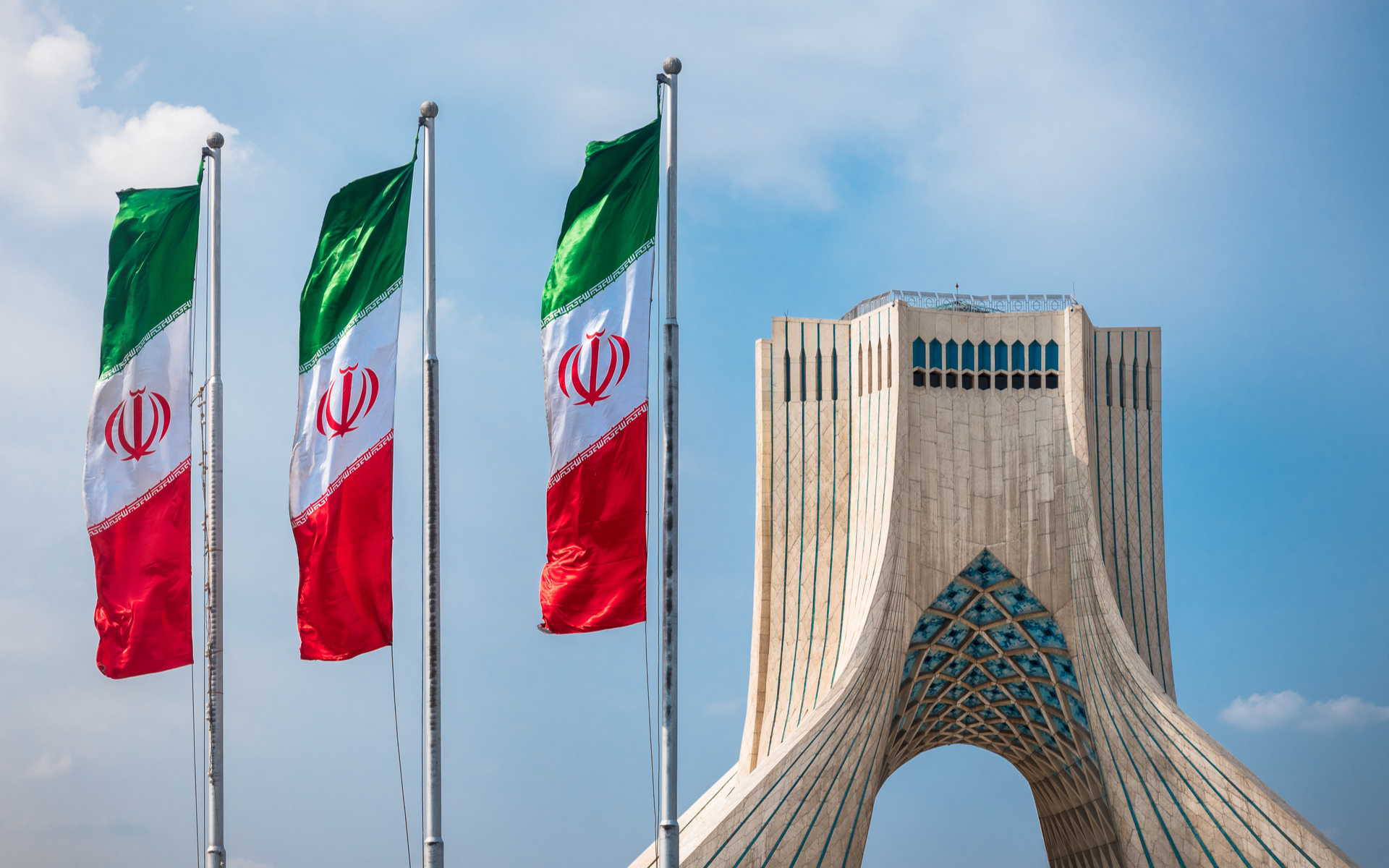Iran is reportedly expected to announce its state-backed digital currency at the annual Electronic Banking and Payment Systems Conference which starts on January 29th. The move is an attempt to bypass US-imposed economic sanctions.
Iran-Backed Cryptocurrency
Iran first announced its intentions to launch a state-backed digital currency in the summer of 2018.
The move was occasioned by the fact that the country was set to undergo renewed economic sanctions from the US.
Since then. the country was also kicked out of the Society for Interbank Financial Telecommunication (SWIFT), which has highlighted the need for an alternative way of moving money even more.
According to a new report by Al Jazeera, the country may be announcing the state-backed cryptocurrency on January 29 at the annual Electronic Banking and Payment Systems conference, which this year has a “blockchain revolution” theme.
The cryptocurrency is expected to roll out in two different phases. The first phase will reportedly involve the issuance of a rial-backed digital token, which shall facilitate payments between local banks and other actively participating institutions.

The other phase will include the launch if an instrument that will enable retail use, i.e. currency.
Alternative to SWIFT?
While it’s currently unclear whether ‘IranCoin’ will be used to facilitate payments between Iran and other countries, it could be positioned by the Iran government as an alternative to SWIFT as Bitcoinist reported last year that Iran and Russia may use cryptocurrencies to bypass US sanctions.
It also wouldn’t be the first time countries are cooperating on creating a joint cryptocurrency. Recently, the UAE and Saudi Arabia announced a joint effort in this regard.
However, it’s questionable whether a state-backed cryptocurrency will provide regular Iranians with access to the global monetary system.
Additionally, the report notes that because ‘IranCoin’ will be nothing like Bitcoin and entirely centralized, it will likely fall short of circumventing any sanctions. This is because the US will guarantee it has no place in any credible international exchange just like the rial.
Speaking on the matter, blockchain and cryptocurrency developer, Yashar Rashedi explained:
They certainly can’t replace the likes of bitcoin due to their centralized nature, but their existence is harmless. […] Even as CBCCs may never find widespread everyday use among the general public, they may be able to offer some new features to startups and developers that had to work with centralized bank APIs before them.
Do you think a state-backed cryptocurrency will help Iran combat US-imposed sanctions? Don’t hesitate to let us know in the comments below!
Images courtesy of Shutterstock

























